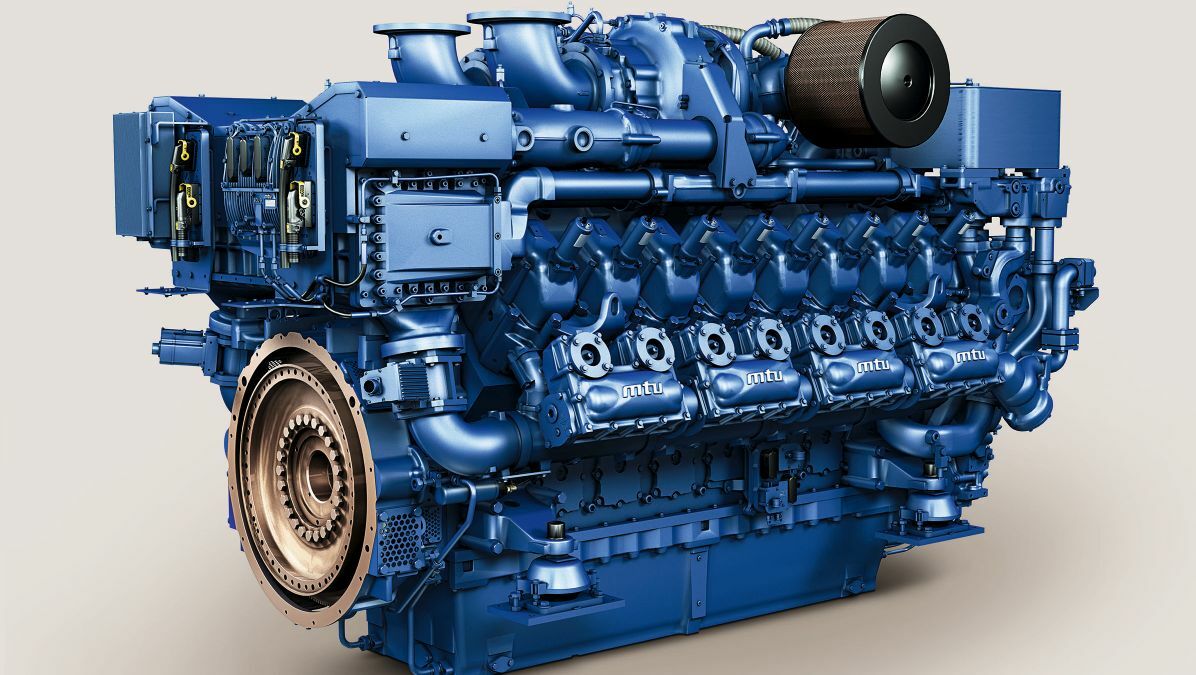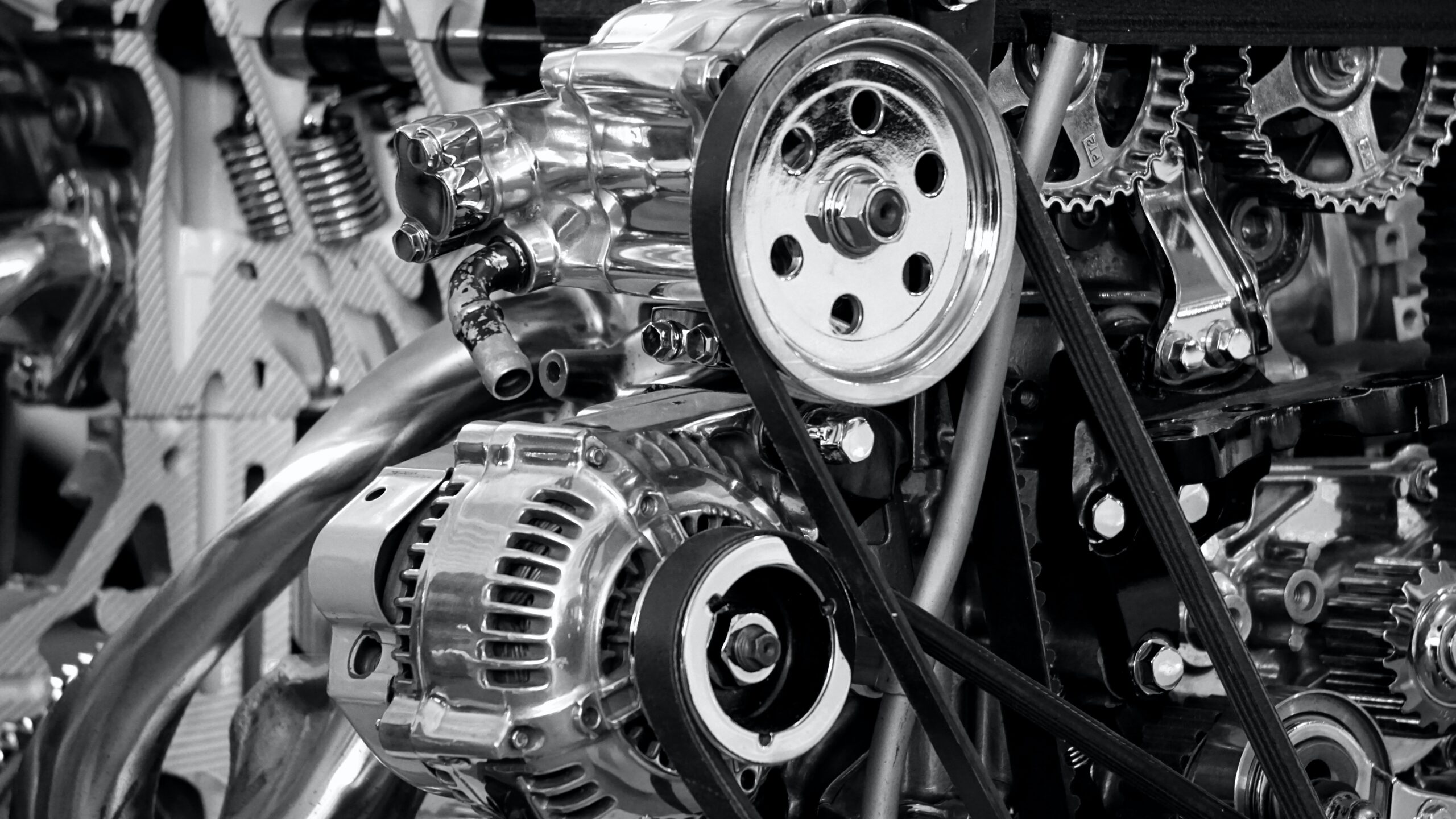Engines For Africa: Your Relied On Companion for Motor Needs
Engines For Africa: Your Relied On Companion for Motor Needs
Blog Article
Discover a Vast Array of Engines for each Automobile and Purpose
The auto landscape is increasingly complex, with a varied range of engine kinds made to satisfy particular efficiency and efficiency requirements throughout various automobile classifications. From the high-performance engines that power sports cars to the fuel-efficient choices tailored for daily travelling, the choices are huge and varied. Additionally, durable engines offer the requirements of work automobiles, while environment-friendly alternatives are obtaining traction in the search of sustainable transport. Recognizing these differences is crucial for making informed choices, particularly as emerging innovations remain to shape the future of vehicle design. What ramifications might these advancements hold for consumers and suppliers alike?
Kinds Of Automotive Engines
Automotive engines can be categorized into numerous distinct kinds, each made to fulfill specific performance and performance requirements. The most common categories consist of inner combustion engines, electric engines, and hybrid systems.

Electric engines, on the other hand, run on electrical power kept in batteries, offering instant torque and no exhausts. These engines are ending up being increasingly preferred as a result of improvements in battery technology and the expanding emphasis on sustainability.
Crossbreed systems integrate both inner combustion and electrical engines, allowing vehicles to enhance gas efficiency and minimize emissions by flawlessly switching over between source of power. Each engine type provides its negative aspects and advantages, affecting elements such as automobile design, intended usage, and market demand. When picking the suitable engine for their particular requirements., recognizing these differences is important for suppliers and customers alike.
Efficiency Engines for Sports Cars
Efficiency engines for sporting activities vehicles are particularly engineered to deliver boosted rate, dexterity, and power, setting them in addition to common auto engines. These engines often utilize innovative innovations such as turbocharging, supercharging, and variable valve timing to maximize efficiency and responsiveness.
Normally, efficiency engines are created with higher compression ratios, which permit greater power extraction from fuel. This results in impressive horse power and torque numbers, making it possible for quick velocity and higher top speeds. Furthermore, the light-weight materials utilized in these engines, such as light weight aluminum and carbon fiber, add to reduced overall vehicle weight, boosting handling and maneuverability.
Engine setups like V6, V8, and also hybrid systems are typical in performance sports cars and trucks, each offering one-of-a-kind advantages in terms of power distribution and driving dynamics. The tuning of these engines is also important; many makers optimize the engine management systems to provide an electrifying driving experience, commonly including sport settings that adjust throttle action and equipment shifts.
Efficient Engines for Daily Commuters
In the world of daily travelling, reliable engines play a crucial function in maximizing fuel economic situation and reducing emissions while giving reputable efficiency. As city populaces grow and environmental problems magnify, the demand for automobiles equipped with effective powertrains has actually surged.
Modern engines developed for day-to-day commuters typically include technologies such as turbocharging, direct fuel shot, and crossbreed systems. Turbocharging improves engine effectiveness forcibly even more air right read what he said into the combustion chamber, permitting smaller, lighter engines that do not jeopardize power outcome. Straight fuel shot enhances gas atomization, bring about far better burning and increased efficiency.
Hybrid engines, combining internal burning with electrical power, more augment gas economic climate, specifically in stop-and-go traffic, where conventional engines can suffer from ineffectiveness. Electric motors assist during velocity and can run separately at low speeds, decreasing general fuel intake.
Furthermore, improvements in engine management systems and light-weight materials add substantially to efficient engine design. By focusing on performance, resilience, and ecological sustainability, suppliers continue to provide engines that not just fulfill the demands of daily commuting yet additionally align with global initiatives to lower carbon footprints.
Heavy-Duty Engines for Work Cars
Heavy-duty engines for job automobiles are routinely engineered to provide remarkable torque and dependability under requiring conditions. These engines are created to perform in settings where conventional engines may falter, such as building and construction websites, logging operations, and agricultural settings. The primary emphasis of heavy-duty engines is their capability to produce high levels of power while keeping longevity over extended periods of procedure.
Commonly, sturdy engines make use of advanced materials and durable construction techniques to withstand the roughness of heavy work. Features such as enhanced cyndrical tube blocks, improved cooling systems, and advanced fuel injection technologies add to their performance. These engines commonly operate at reduced RPMs, which helps to enhance gas performance while providing the needed power for hauling and transporting.
Along with mechanical robustness, durable engines are typically geared up with advanced digital control devices (ECUs) that manage efficiency, exhausts, and diagnostics. This combination permits far better surveillance and maintenance, making certain that job cars stay efficient and operational.
Eventually, durable Web Site engines are a crucial component in the productivity of various markets, offering the needed power and integrity to take on the hardest of jobs.
Eco-Friendly Engine Options
The expanding focus on sustainability has actually brought about the growth of green engine choices that prioritize decreased emissions and improved gas efficiency. These engines are developed to reduce the environmental impact of lorries while still delivering the efficiency and integrity expected by customers.
Amongst the most noteworthy environment-friendly choices are electrical and hybrid engines. Hybrid engines combine typical inner burning engines with electrical propulsion, permitting decreased fuel usage and lower greenhouse gas exhausts. Electric engines, on the various other hand, operate entirely on battery power, generating absolutely no tailpipe discharges and adding to cleaner air high quality.
An additional appealing development is the improvement of biofuel engines, which use renewable energies, such as plant materials, to power automobiles (Engines For Africa). By using biofuels, these engines can lower reliance on fossil gas and lower total carbon impacts

As the vehicle market progresses, environment-friendly engine alternatives will certainly play an important role in driving the change towards even more sustainable transport services.
Verdict
The automobile sector offers a diverse array of engines created to meet numerous vehicle requirements and purposes. From high-performance engines that boost sports vehicle capacities to efficient designs prioritizing gas economy for day-to-day travelers, each type offers a details feature. Heavy-duty engines accommodate robust job cars, while green options, such as electric and click to find out more biofuel engines, advertise sustainable transport. This comprehensive range makes sure that all driving requirements are attended to, adding to developments in vehicle modern technology and environmental stewardship.

Report this page